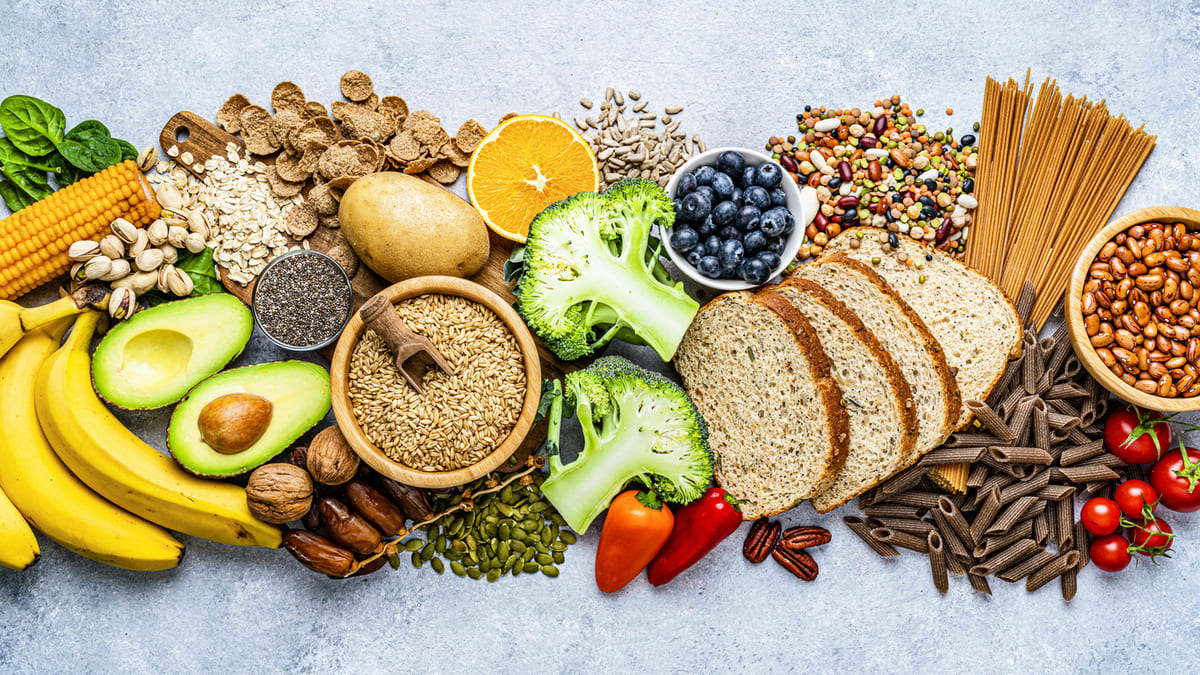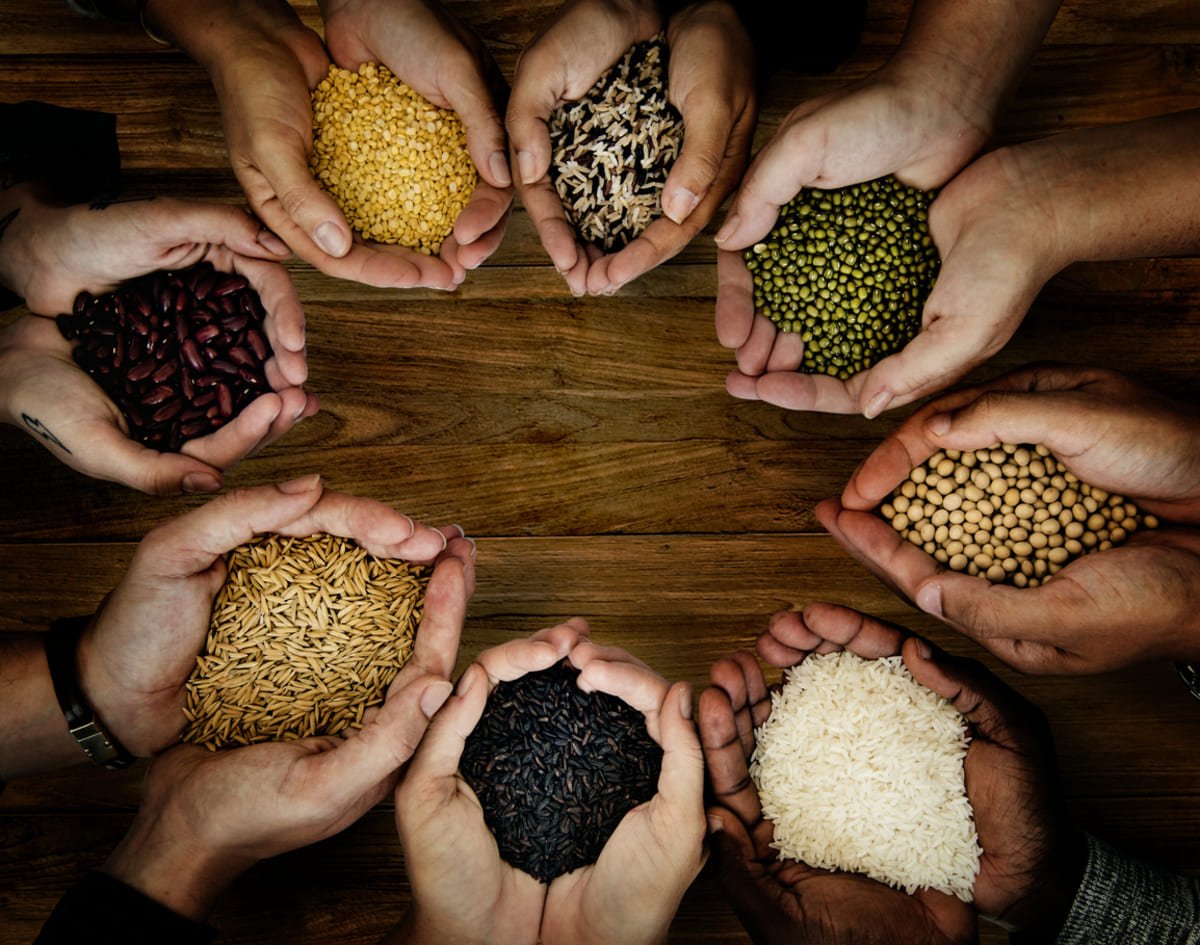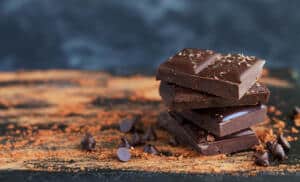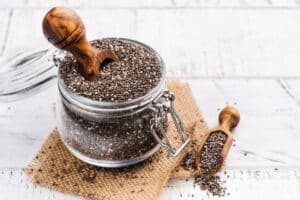If you’ve ever dreamed of losing weight without counting calories, portioning every meal, or obsessing over the scale, a plant-based diet might be the answer you’ve been looking for. Many people who transition to eating mostly whole plant foods are amazed by the natural and effortless weight loss that follows. The reason? It all comes down to calorie density, and yes, you can still get plenty of protein too.
What Is Calorie Density—and Why Does It Matter?
Calorie density refers to the number of calories in a given weight or volume of food. Some foods (like cheese, oils, and processed snacks) are calorie-dense, meaning a small amount packs a lot of energy. Others (like fruits, vegetables, whole grains, and legumes) are low in calorie density, which means you can eat a larger volume while consuming fewer calories.
This is a game-changer. You can eat satisfying meals that leave you full and content, yet still end up in a calorie deficit, which leads to natural weight loss without the grind of traditional dieting.
Why Plant-Based Foods Help You Lose Weight Without Trying

1. Bigger Portions, Fewer Calories
On a plant-based diet, meals are often abundant and hearty, but because they’re made from low-calorie-density ingredients, they deliver fewer calories overall. You eat more, but weigh less.
2. High Fiber Content Fills You Up
Plant-based foods are loaded with fiber, which slows digestion and helps keep you full for longer. Fiber also supports gut health and helps reduce cravings, making it easier to eat mindfully.
3. Minimally Processed Fats
Whole-food plant-based diets naturally limit calorie-dense oils and processed fats. By skipping those hidden calories, you can enjoy flavorful meals without the waistline worries.
4. Nutrient Synergy Reduces Overeating
Whole plant foods come packed with water, fiber, antioxidants, and essential nutrients. This nutrient density helps your body feel nourished and less likely to seek out high-calorie “fillers.”
But What About Protein? You’re Covered.

A common concern about plant-based eating is whether it provides enough protein. The short answer: absolutely.
Protein-Rich Plant Foods
- Legumes (beans, lentils, chickpeas): 15–18g per cup
- Tofu and tempeh: 15–20g per serving
- Quinoa: 8g per cup, plus a complete amino acid profile
- Nuts and seeds: 5–10g per ounce
- Whole grains (like oats, brown rice, farro): 5–7g per serving
- Leafy greens (like spinach and kale): small amounts, but they add up
When you eat a variety of plant foods, you easily meet daily protein needs, even for athletes or active individuals. The bonus? You’re getting that protein without the saturated fat, cholesterol, and inflammation linked to many animal products.
The Science Supports It

Multiple studies have shown that individuals following a whole-food plant-based diet lose more weight and keep it off longer compared to those on traditional calorie-restricted diets. And they do so without feeling deprived.
A landmark study in Nutrition & Diabetes (2015) found that participants eating a plant-based diet lost significantly more weight over six months—even without focusing on calories or portion control.
The Bottom Line: A Naturally Lean Way to Eat
If you’re looking for a way to shed extra pounds without the stress, guilt, or hunger, a plant-based diet is a powerful option. Thanks to its low calorie density, high fiber, and nutrient-rich foods, weight loss becomes a natural side effect, not a daily battle.
And rest assured, you won’t be missing out on protein. Plants have you covered—from the inside out.
Ready to give it a try? Start by adding more beans, veggies, fruits, and whole grains to your meals. You’ll be amazed at how your body responds—without really trying.
Read Next:
10 Superfoods That Can Turn Back the Clock on Aging







